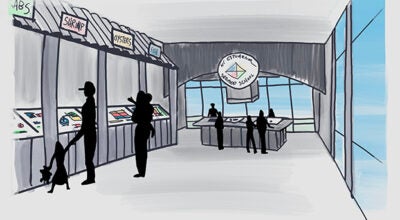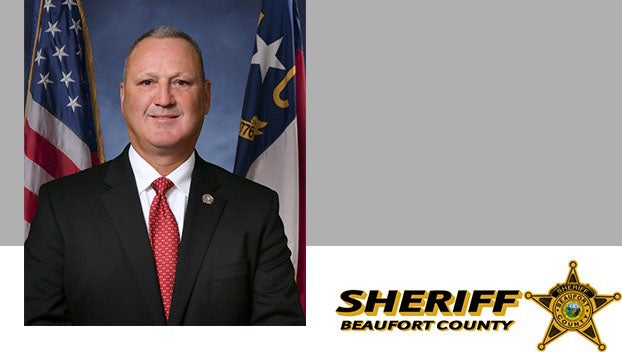Budget adopted: Tax rate unchanged; some rates and fees will increase July 1
Published 6:08 pm Tuesday, June 9, 2015
Washington’s budget for fiscal year 2015-2016 does not raise the city’s property tax rate, but it increases fees and rates for some city services.
The City Council, with a 3-1 vote Monday, adopted the budget, which takes effect July 1. Council members Richard Brooks, William Pitt and Larry Beeman voted for the budget. Councilman Doug Mercer voted against it.
The council avoided increasing the property tax rate from 50 cents per $100 valuation to 51.5 cents, which City Manager Brian Alligood suggested in his recommended budget, which went before the council in April.
“I said several weeks ago when we started this budget that I was going to vote against it if we did not remove the $120,000 that was initially proposed as a tax increase and the $190,000 that was presented as a payment in lieu of sales taxes,” Mercer said. “Those monies have not been removed from this budget. They’ve been moved around so now they are a transfer from the electric fund. It increase the transfer from the electric fund from $470,000 to over $800,000 by the time you add the (cost-of-living adjustment for city employees) that was also adopted.”
Mercer offered another critique of the budget. “In addition, the budget is out of balance from Day 1, simply because there’s a $100,000 of revenue estimated from the county for operation of the library. You’ve been notified the county is not going to provide that $100,000, and so this budget is out of balance. I cannot vote for it.”
Beeman then made the motion to adopt the budget, set the property tax rate at 50 cents per $100 valuation and the changes to rates and fees. Brooks seconded that motion.
The last increases in water, sewer and stormwater rates and fees came seven years ago, according to a city document.
Overall, the average residential customer will pay $42.26 more a year for water, sewer, stormwater and garbage service under the upcoming budget.
The fee for residential garbage service will increase from $14 a month to $15 a month, increasing from $168 a year to $180 a year.
The fee for residential water service will increase by 2 percent when the budget takes effect. That means the average residential water customer’s monthly bill will increase by 43 cents. That translates into a yearly increase of $5.17. Currently, the average residential water customer pays $258.36 a year for water. With the increase, that customer will pay $263.53 a year.
The fee for residential sewer service will increase by 4 percent. Under the change, the average residential sewer customer’s monthly bill will increase by $1.09. That equates to a yearly increase of $13.09. Currently, the average residential sewer customer pays $327.36 a year for sewer service. With the increase, that customer will pay $340.45 a year.
The fee for residential stormwater service will increase $1 a month. The average residential stormwater customer now pays $4.36 a month. Under the upcoming change, that monthly charge moves to $5.36. That means the average residential stormwater customer would pay $64.32 a year instead of the current $52.32 a year.
The upcoming budget does not increase electric rates, which are expected to decrease in the wake of a plan that should result in power rates declining, possibly as soon as this fall.






